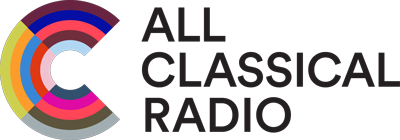Name: Rebekah Phillips
Organization: Portland Columbia Symphony
Annual Operating Budget: $500,000
Learn more at pcsymphony.org
Interview originally published on April 30, 2020.
Read other posts by Kristina Becker
Communications and Operations Manager




